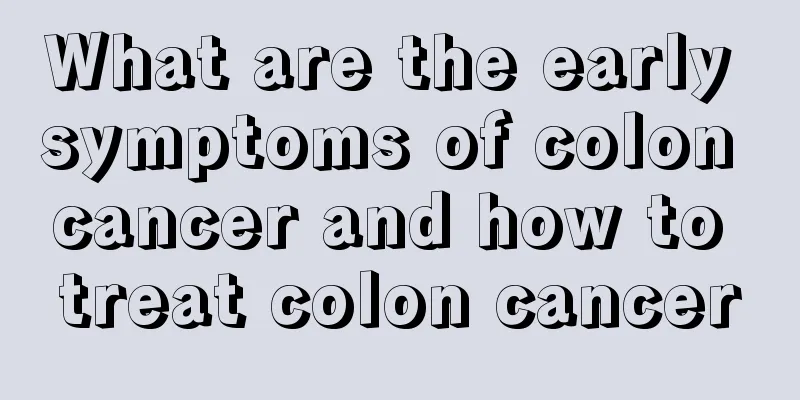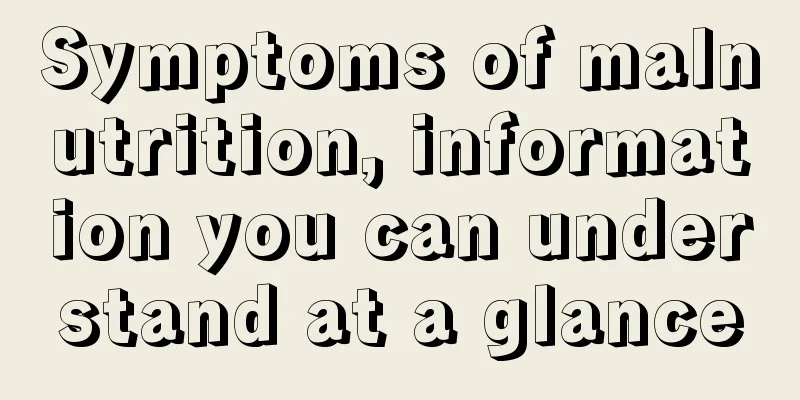Eight rules for earthquake escape

|
Although earthquakes are currently unavoidable and uncontrollable by humans, the damage can be minimized by mastering some techniques. 1. Hide under sturdy furniture such as tables The main shaking in an earthquake lasts about 1 minute. At this time, you should hide under a sturdy table with a low center of gravity and hold on to the table legs tightly. If there is no table or other place to hide, at least use a cushion or something to protect your head. 2. Turn off the fire immediately when shaking, and extinguish the fire immediately when it breaks out During an earthquake, you have three opportunities to turn off the fire. The first chance comes during the small shake before the big shake. That is, when you feel a small shake, immediately call out to each other: "Earthquake! Turn off the fire!" Turn off the heating stove, gas stove, etc. that are in use. The second chance comes when the big shaking stops. If you try to turn off the fire during a large shake, it may be very dangerous if something like a kettle on a gas stove or heating stove slides down. Turn off the fire again after the big shaking stops. The third chance comes after the fire. Even if a fire occurs, it can be extinguished within 1 to 2 minutes. In order to extinguish the fire quickly, please place the fire extinguisher and fire bucket as close to the fire site. 3. Don’t rush outside After an earthquake occurs, it is very dangerous to run outside in a panic as broken glass, bricks and tiles from the roof, billboards, etc. may fall and hit you. In addition, cement precast walls, vending machines, etc. are also in danger of collapse, so stay away from these objects. 4. Open the door and ensure the exit Houses with reinforced concrete structures will have doors and windows misaligned due to the shaking of an earthquake, making it impossible to open the door. There have been cases where people have been trapped in their houses. Therefore, if there are aftershocks, please open the door and keep the exit. You should always think about how to escape if you are locked in a house. 5. Protect your head when outdoors and avoid dangerous places When the ground shakes violently and it is unsteady to stand, people will want to lean on or hold on to something. The doorposts and walls around you will mostly become objects for support. However, these things that look strong and sturdy are actually dangerous. During the 1987 undersea earthquake in Miyagi Prefecture, Japan, many people were killed and injured due to the collapse of precast concrete walls and door pillars. Therefore, do not hide near precast concrete walls, door pillars, etc. In busy streets and building areas, the most dangerous thing is glass windows, billboards and other objects falling and injuring people. Be sure to protect your head with your hands or a handbag. 6. Listen to the staff's instructions in shopping malls and theaters The most frightening thing is chaos in crowded places such as department stores and underground shopping malls. Please follow the instructions of store staff and security personnel. As far as earthquakes are concerned, underground streets are said to be safer. Even if a power outage occurs, emergency lighting will come on immediately, so please act calmly. If a fire occurs, the room will be filled with smoke immediately. You should take shelter in a low posture and never smoke. Elevators cannot be used in the event of an earthquake or fire. If an earthquake occurs while you are riding in an elevator, you should press all the buttons for each floor on the control panel. Once the elevator stops, leave quickly and take shelter. If you are trapped in the elevator, please contact the management office and ask for help through the dedicated phone in the elevator. 7. Be careful of landslides, rockfalls, or tsunamis On the side of a mountain or in steep slopes, there is a risk of landslides and falling rocks, so you should quickly evacuate to a safe place. There is a risk of tsunamis near the coast. If you sense an earthquake or a tsunami warning is issued, pay attention to the information on the radio, TV, etc. and evacuate to a safe place immediately. 8. When evacuating, walk and carry as little as possible. In principle, citizens' disaster prevention organizations, streets, etc. should take the approach of evacuating on foot under the leadership of the person in charge and the police, and the items they carry should be kept to a minimum. Cars and bicycles must not be used for evacuation.
|
<<: The experiment lacks common sense and "drinking Coke kills sperm" is not credible
>>: 10 tips to help you sleep well
Recommend
The role of periosteum
The functions of the periosteum are to provide ce...
Is biological therapy effective for lung cancer metastasis after surgery?
Metastasis after lung cancer surgery is generally...
Several treatment options for small cell lung cancer
In recent years, nasopharyngeal carcinoma is a ma...
What to do if your nose is deformed
Although the nose is a small organ, it plays a ve...
How to clinically determine if you have esophageal cancer
The causes and treatments of esophageal cancer ar...
Can foot soaking lower blood pressure?
We often use the practice of foot soaking in wint...
How to treat spots on lips
People should often find that some people are pro...
What are invisible ink and matching contact lenses?
Looking around the world, science and technology ...
Is cervical cancer HPV positive contagious?
In our lives, more and more female friends are af...
Can people with prostate cancer eat soft-shelled turtle
Prostate cancer is a very common disease. For pat...
How long can one live if lung cancer turns into advanced brain cancer
Brain metastasis has the shortest survival time b...
How much sleep do middle school students get?
Children who are in middle school are in the stag...
How to preserve jackfruit flesh
There are many ways to preserve the flesh of jack...
How long can you live in the late stage of lung cancer? The sooner you know these common knowledge about lung cancer, the better
How long can patients with advanced lung cancer l...
The difference between Huadiao wine and yellow wine
Huadiao wine and Huangjiu are two different types...









